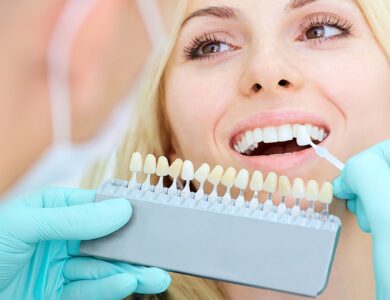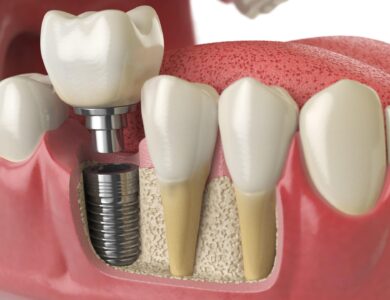How Your Diet Affects Your Oral Health

Your diet plays a major role in your oral health. Eating the right foods protects your teeth and gums. Sugary snacks and drinks cause cavities and gum disease. Instead, choose fresh fruits, vegetables, and whole grains. These foods strengthen your teeth. They also keep your gums healthy. Hydration is key too. Drink plenty of water each day. This washes away food particles and reduces bacteria. A dentist in Palm Beach Gardens can guide you in making smart choices. They understand the connection between diet and oral health. Protein-rich foods like lean meats, fish, and eggs also help. They repair tissues and maintain a healthy mouth. Dairy products add calcium, which strengthens tooth enamel. Making these changes benefits your smile. It also improves overall wellness. By focusing on nutrition, you take a vital step toward better oral health. Start today for a lifetime of strong, healthy teeth.
Impact of Sugar on Oral Health
Sugar is a primary cause of tooth decay. When you consume sugar, it combines with bacteria in your mouth. This produces acid that attacks tooth enamel. Repeated exposure weakens enamel and leads to cavities. Opt for healthier sweet treats like fruits. Limit the intake of sodas and candies. The Centers for Disease Control and Prevention (CDC) highlights the importance of reducing sugar to enhance oral health.
The Role of Calcium and Phosphorus
Calcium and phosphorus play crucial roles in oral health. These minerals protect and rebuild tooth enamel. Dairy products like milk and cheese are rich in calcium. Nuts and seeds provide phosphorus. Consuming these foods regularly helps keep your teeth strong. The National Institutes of Health (NIH) explains how calcium benefits teeth and bones.
Foods That Strengthen Oral Health
Some foods actively promote oral health. Leafy greens like spinach and kale are excellent choices. They contain vitamins and minerals that strengthen teeth. Apples and carrots act like natural toothbrushes. They stimulate gums and increase saliva production. Fatty fish provides omega-3 fatty acids, which reduce inflammation and support gum health.
Comparison of Oral Health Benefits
| Food Type | Nutritional Benefit | Oral Health Impact |
|---|---|---|
| Leafy Greens | Vitamins and minerals | Strengthen teeth |
| Apples | Fiber and water content | Clean teeth |
| Fatty Fish | Omega-3 fatty acids | Support gum health |
Importance of Hydration
Water is essential for maintaining oral health. It helps wash away food particles and bacteria. Drinking enough water reduces the risk of cavities. Additionally, water with fluoride strengthens enamel. Make a habit of rinsing your mouth with water after meals to protect your teeth.
Snacks That Benefit Your Teeth
Choose snacks that support oral health. Cheese and yogurt offer calcium and probiotics. Almonds are rich in protein and calcium. Whole fruits are better choices than fruit juices. They contain fiber and less sugar. Avoid sticky and sugary snacks that cling to your teeth.
Tips for a Tooth-Friendly Diet
- Limit sugar and acidic foods.
- Incorporate dairy and nuts for calcium and phosphorus.
- Consume crunchy fruits and vegetables.
- Drink plenty of water.
- Rinse your mouth after eating.
Consulting Professionals
Regular dental check-ups are essential. A dentist can offer personalized advice based on your needs. They will guide you in making healthy dietary choices. Addressing dietary habits early prevents oral health issues. Listen to the advice of experts to maintain a healthy smile.
Conclusion
Your diet has a significant impact on your oral health. Choosing the right foods strengthens your teeth and gums. By limiting sugar and eating nutrient-rich foods, you protect your teeth. Stay hydrated and make smart snack choices. These habits improve your oral health and overall wellness. Start implementing these changes today for a healthier mouth. Your future self will thank you for it.



